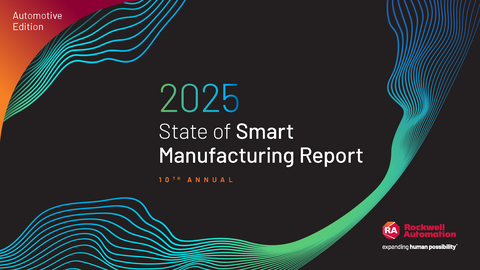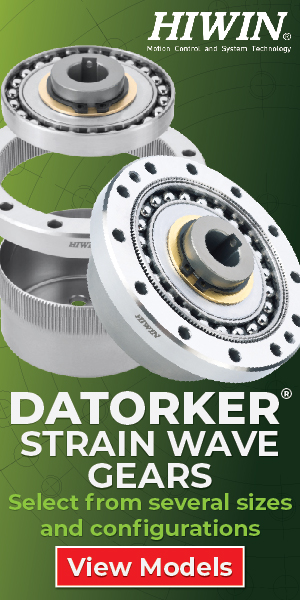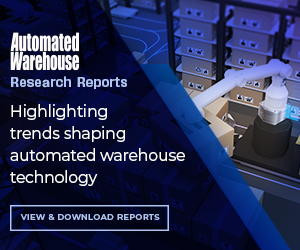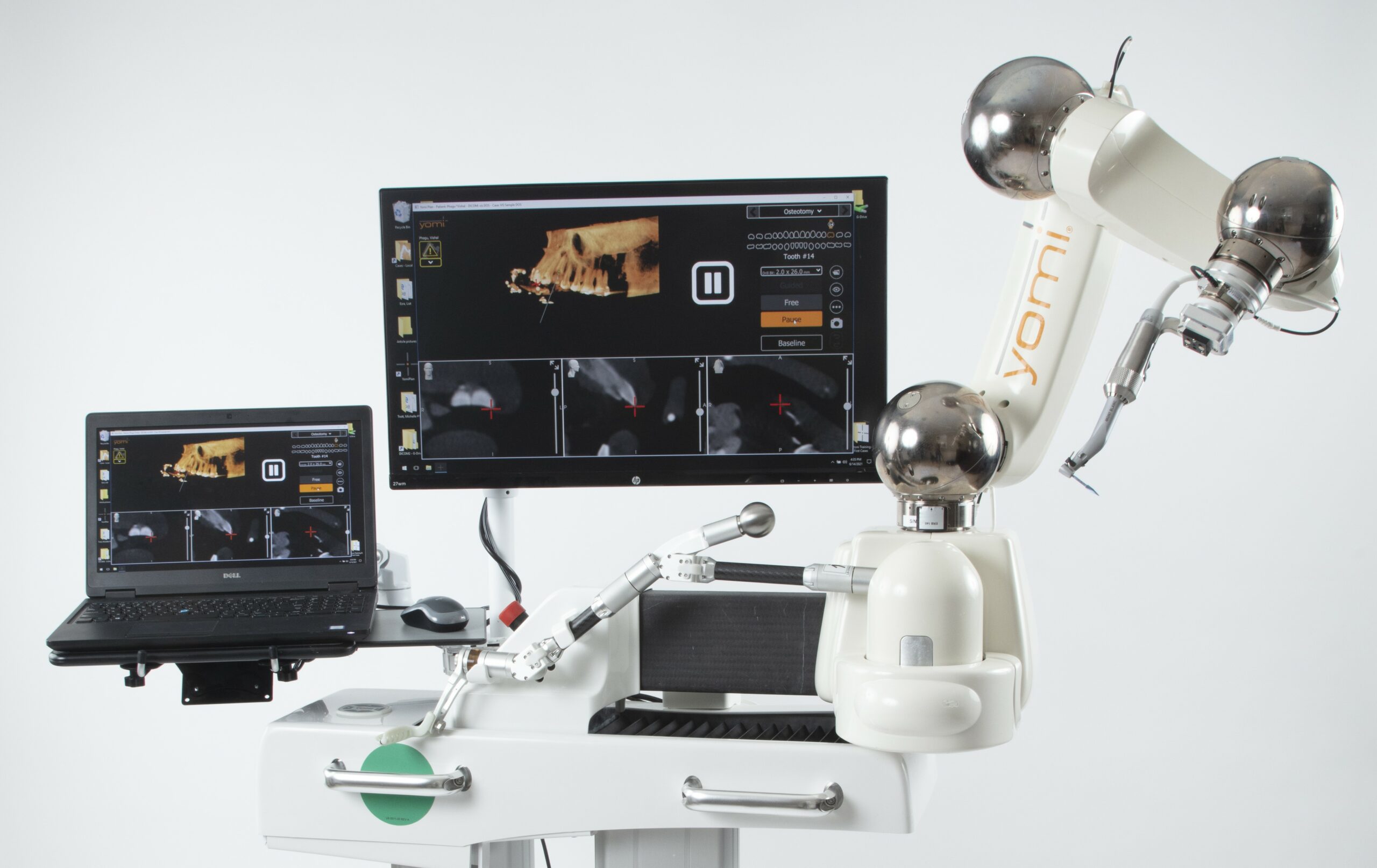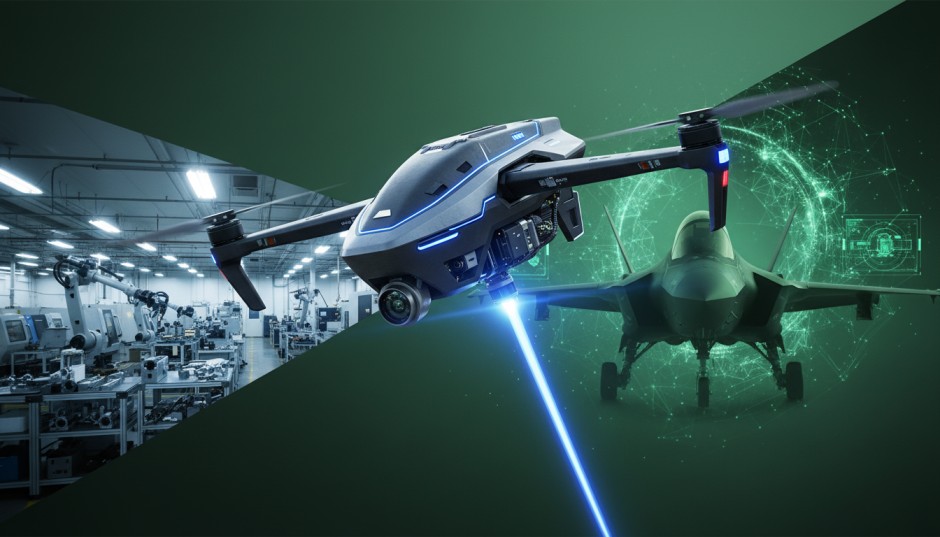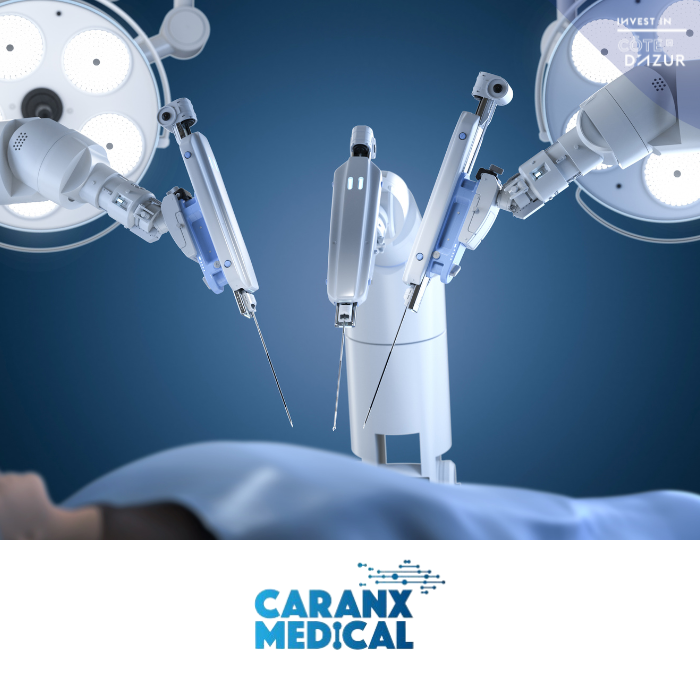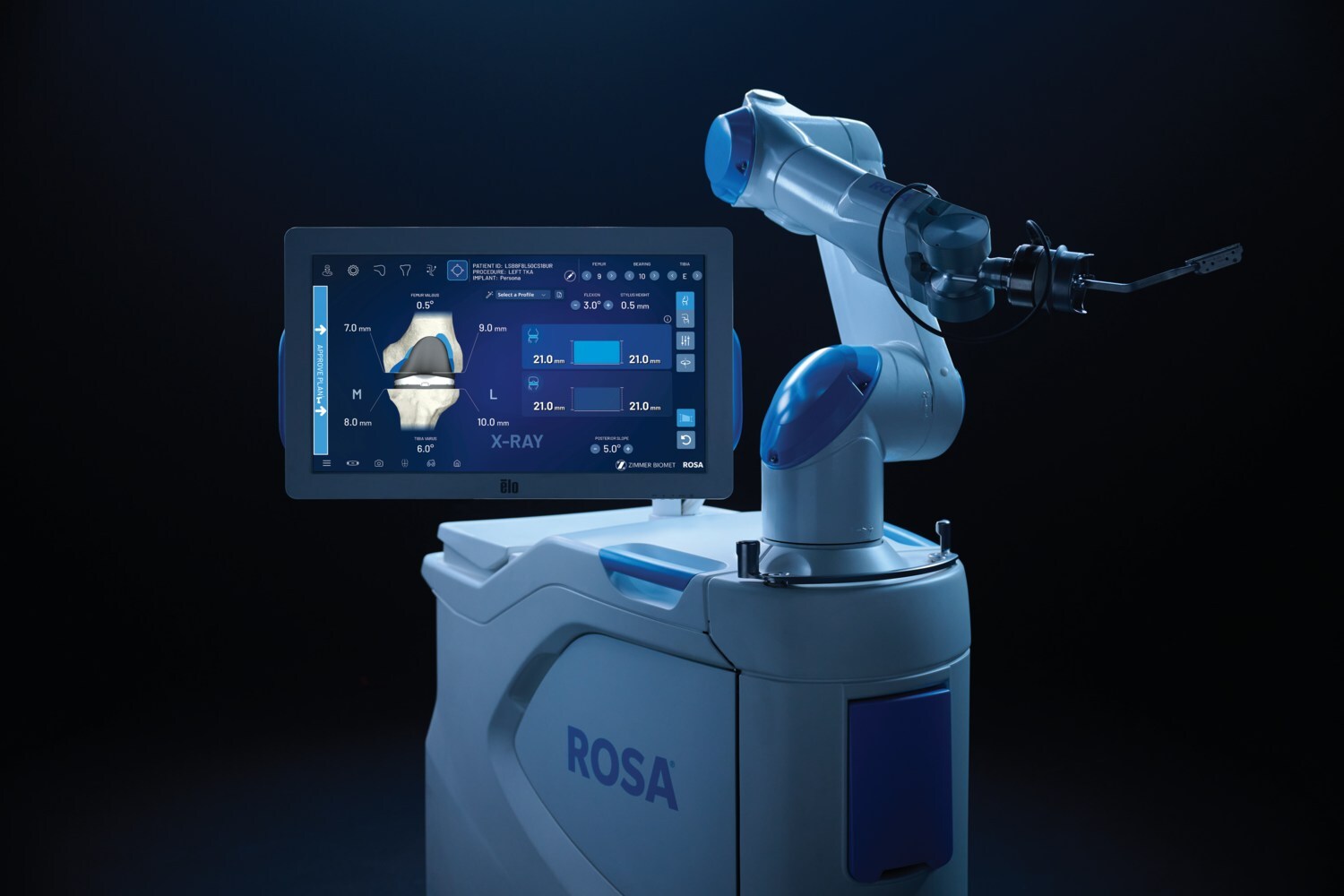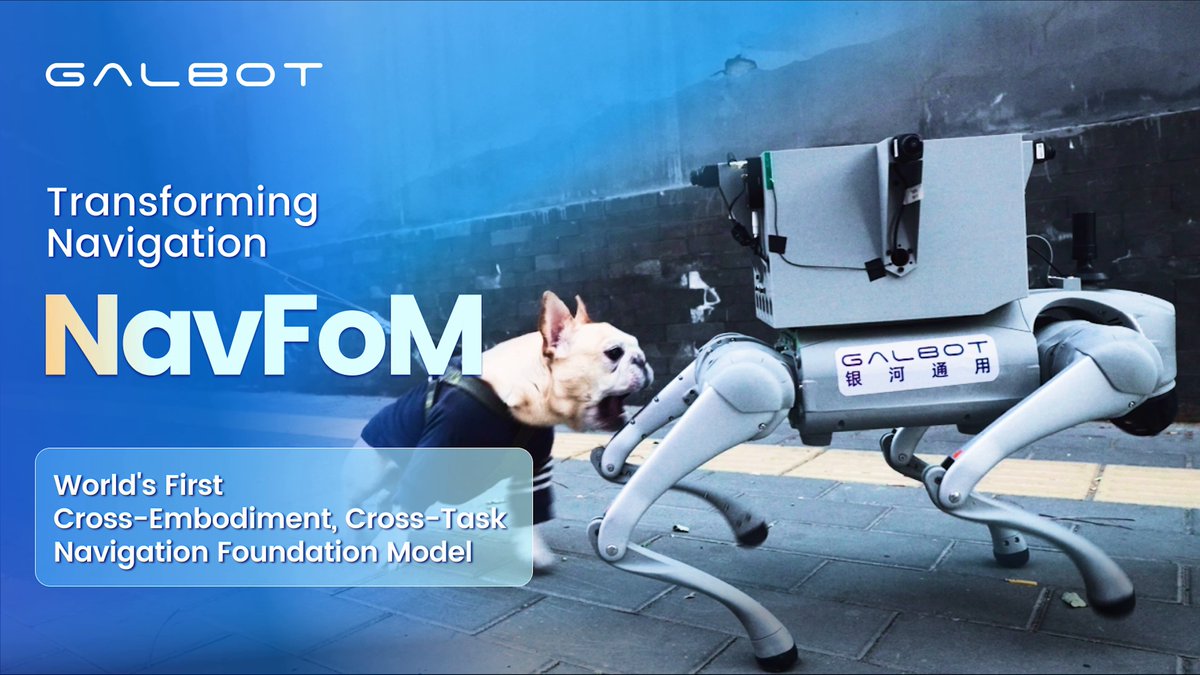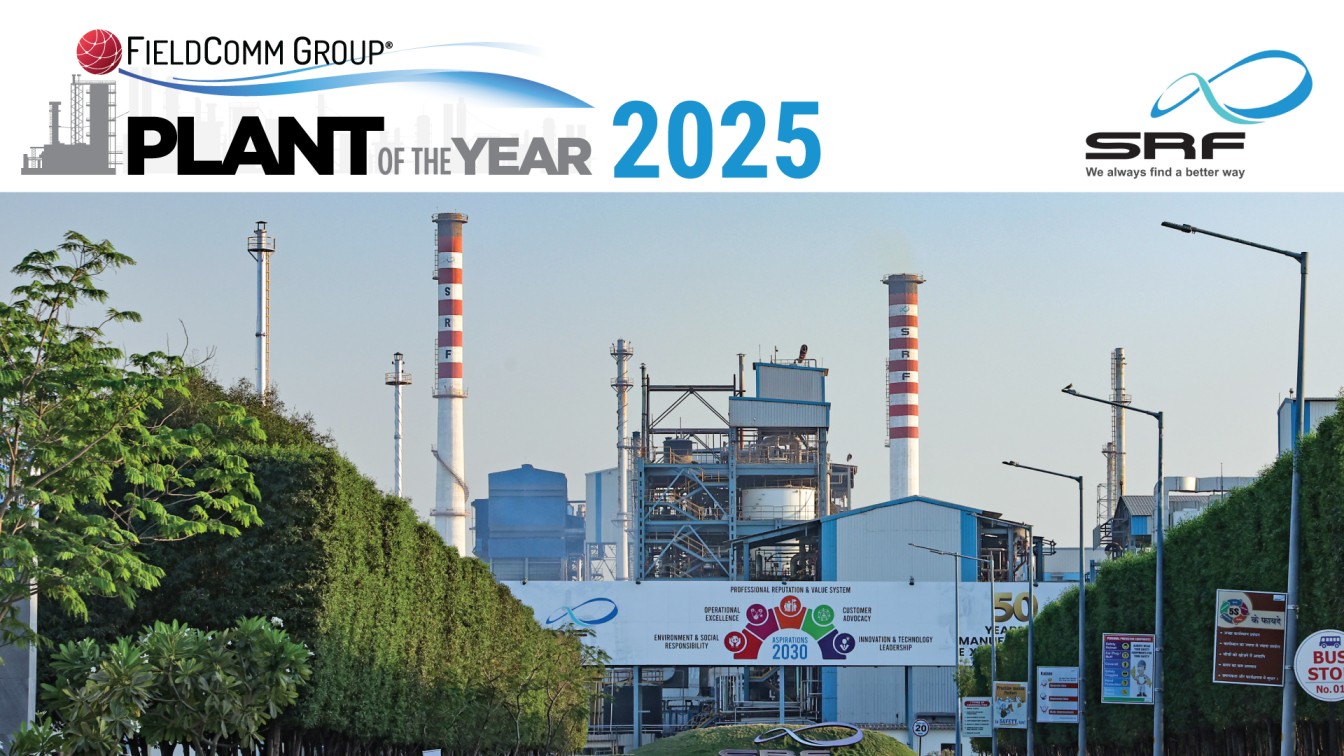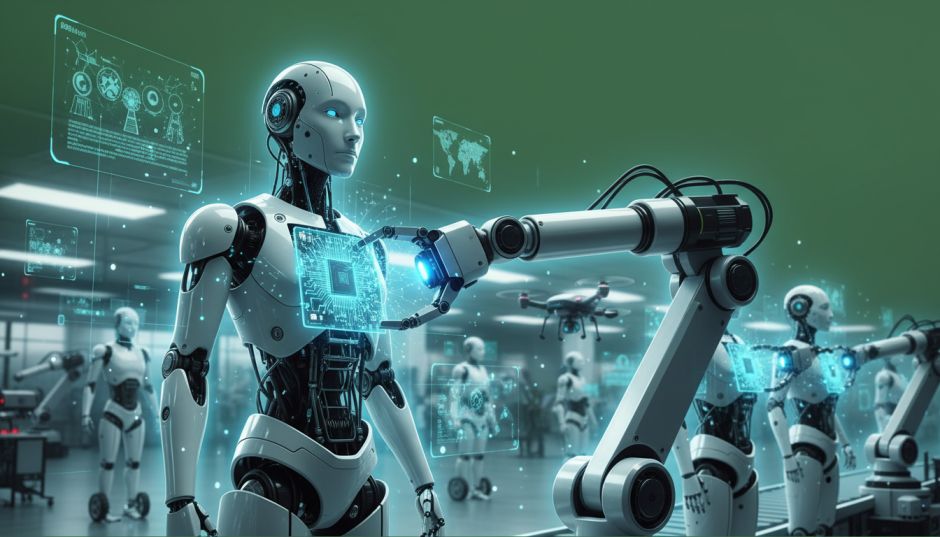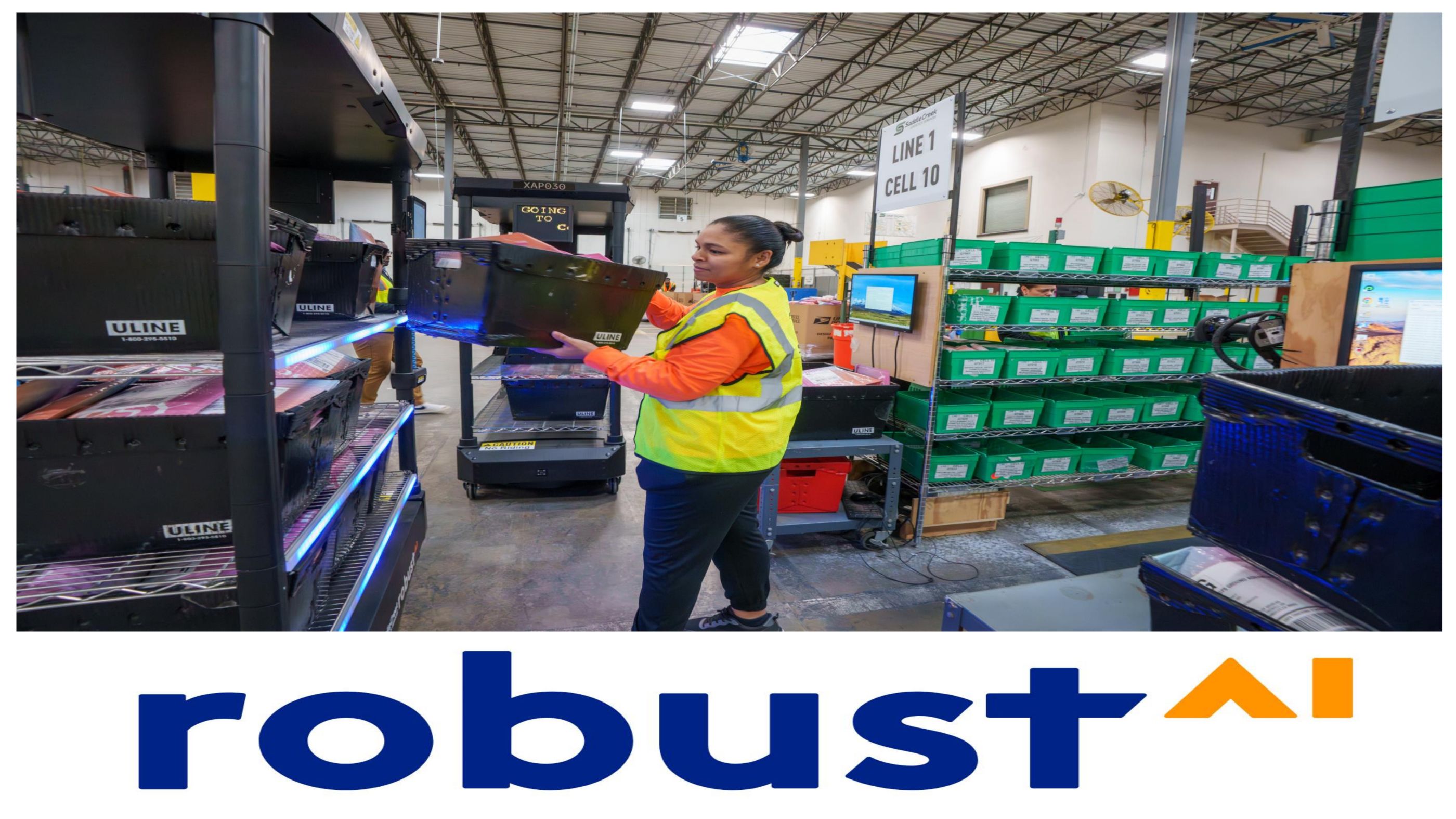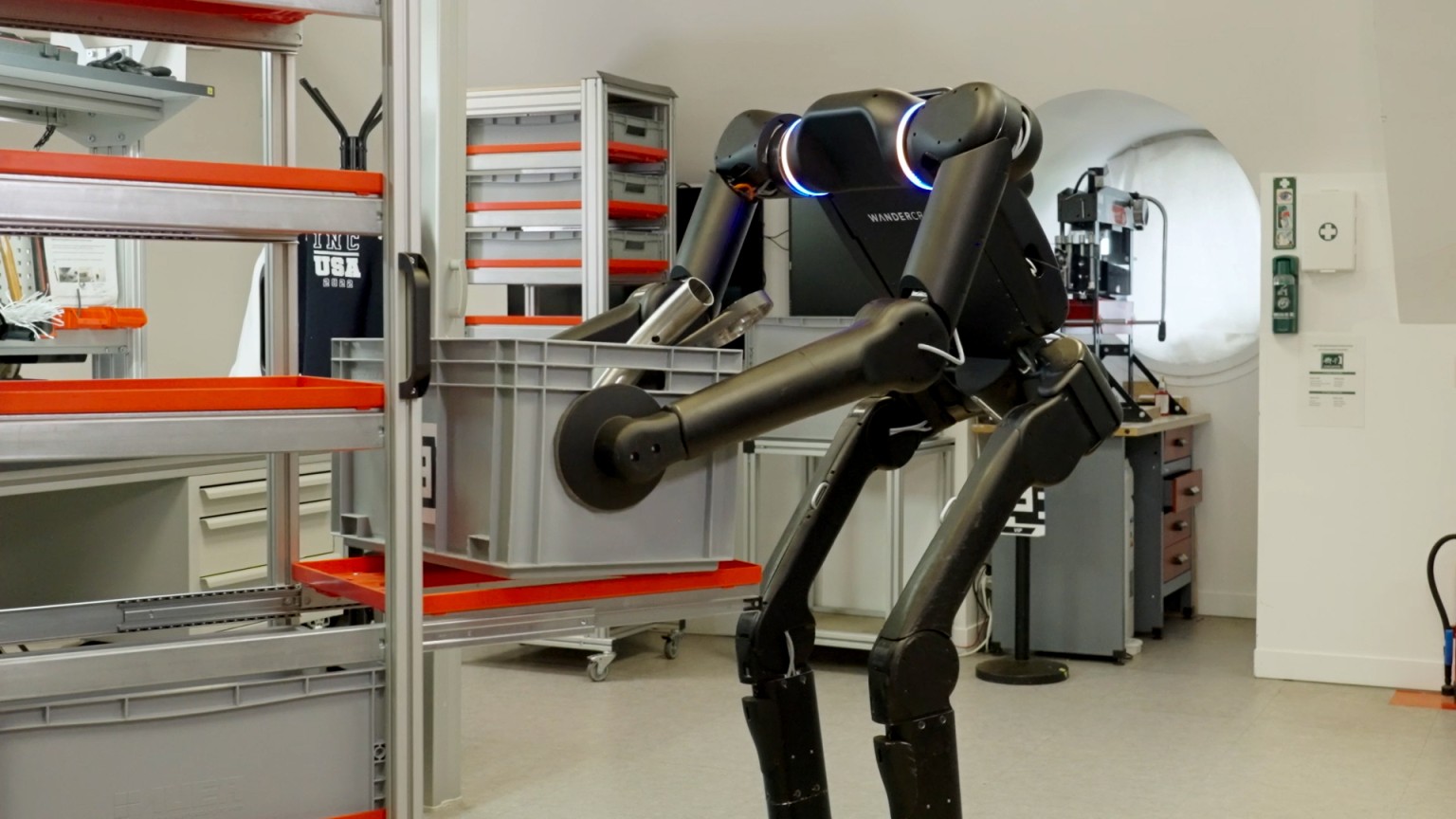Rockwell Automation's 10th Annual "State of Smart Manufacturing Report: Automotive Edition" Reveals Shifting Priorities in the Sector
Workforce Pressures Emerge as Top Challenge for Automotive Manufacturers, While AI Adoption and Tech Investment Remain Strong to Drive Transformation and Address Skill Gaps
Image Courtesy: Public Domain
Rockwell Automation, Inc. the world’s largest company dedicated to industrial automation and digital transformation, announced the results of the 10th annual “State of Smart Manufacturing Report: Automotive Edition.” The global study encompasses the responses of 130 leaders across automotive and tire manufacturers, original equipment manufacturers, engineering procurement companies and systems integrators across 15 countries, revealing a sector rapidly embracing change to stay competitive.
Workforce pressures have emerged as the most urgent challenge for automotive companies, signaling a significant shift from last year’s findings. At the same time, concerns around cybersecurity have declined, suggesting many manufacturers have made progress in securing their digital environments.
“The future of automotive manufacturing hinges on transformation – not just of technology, but talent,” says James Glasson, vice president, global industry, Rockwell Automation. “As AI and automation reshape the factory floor, success belongs to those who are investing in people. Upskilling and innovation are now the driving forces behind growth.”
Key global findings include:
-
Workforce pressures intensify: Automotive and tire manufacturers report that the top workforce-related challenge over the next 12 months is change management (37%), ensuring employees and departments effectively adopt new technology and processes. Other key concerns include employee retention (33%), rising cost of skilled workers (36%), and difficulty finding new employees (31%).
-
Tech Investment Remains Strong: Automotive and tire manufacturers continue investing in AI, production monitoring and cybersecurity. Over 62% of respondents cited long-term business impact as the primary driver of technology investment, followed by expansion or increased capacity (58%), aligning with 2025's overall findings.
-
AI builds momentum: The automotive industry sees the rise of AI as less of a risk now, compared to 2023 (14% in 2025 vs. 24% in 2023) with quality control, robotics and process optimization emerging as top use cases. Automotive companies lead in planned investment for generative AI, robotic process automation (RPA) and digital tools.
-
Business outcomes drive transformation: The top goals of tech adoption remain consistent – improve quality, reduce costs and lower risks related to safety, cybersecurity and compliance.
-
Skills shift underway: To fill the projected 7.9 million worker gap by 2030*, manufacturers are not only investing in automation but also seeking more workers with AI experience and soft skills like communication, adaptability and analytical thinking.


